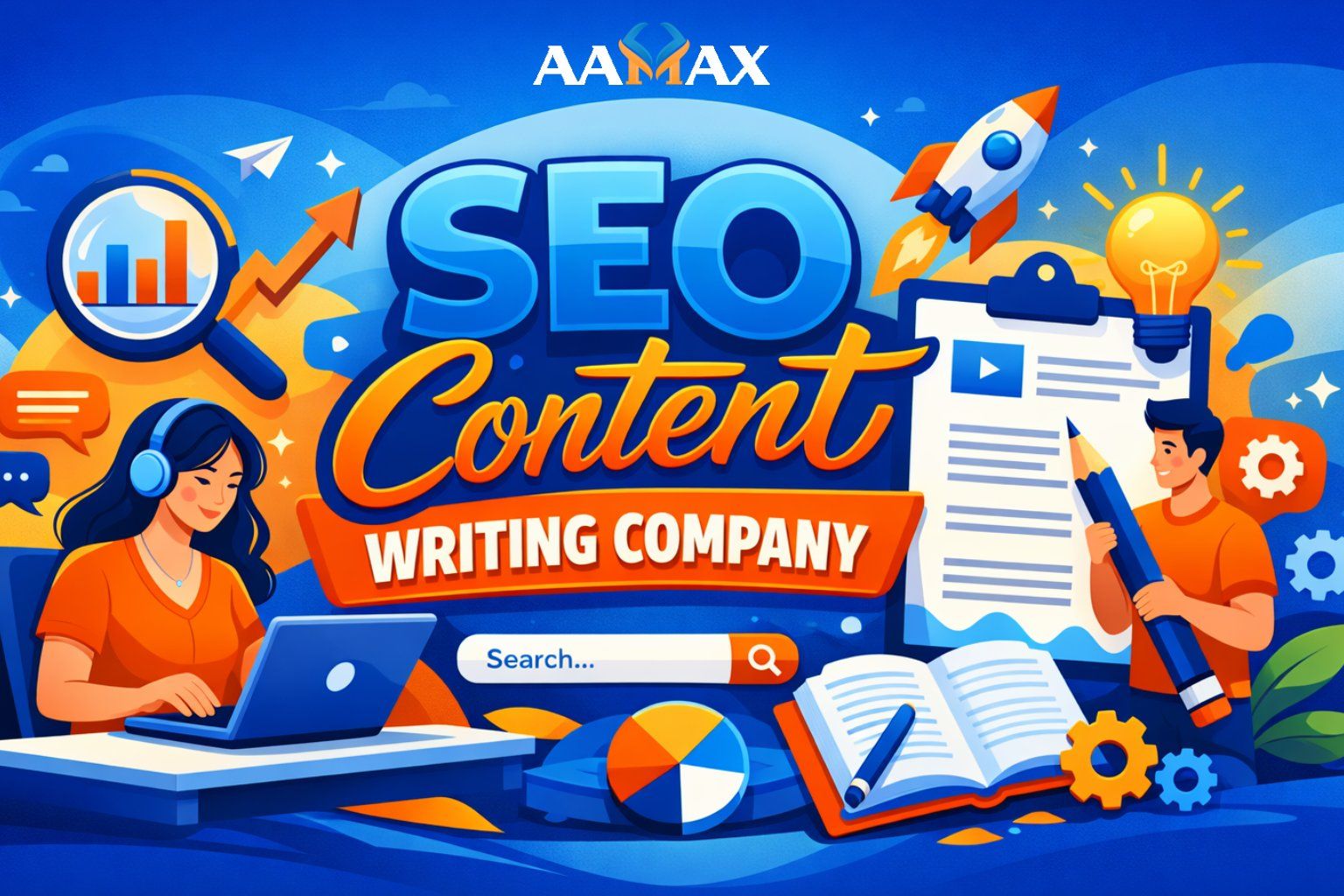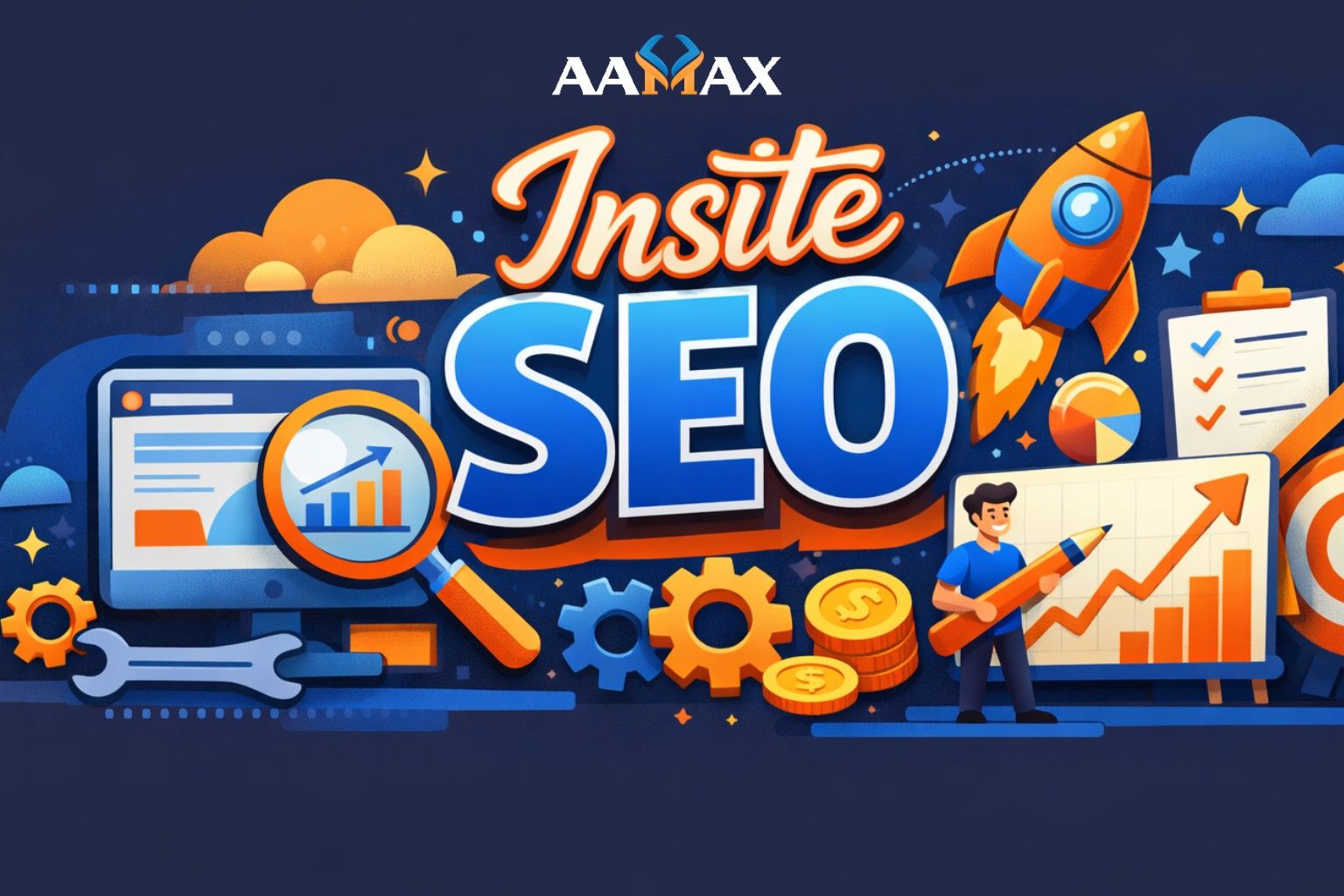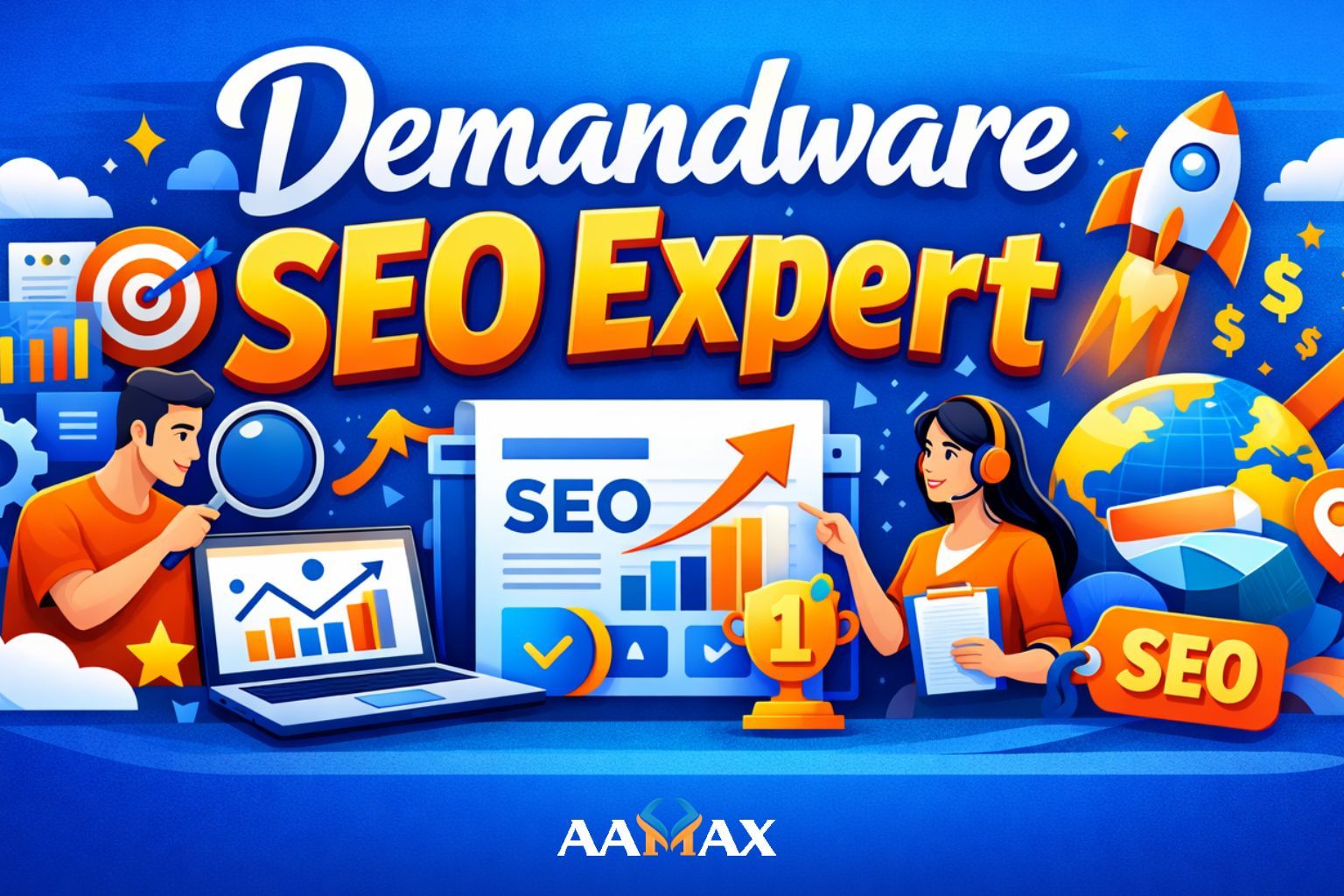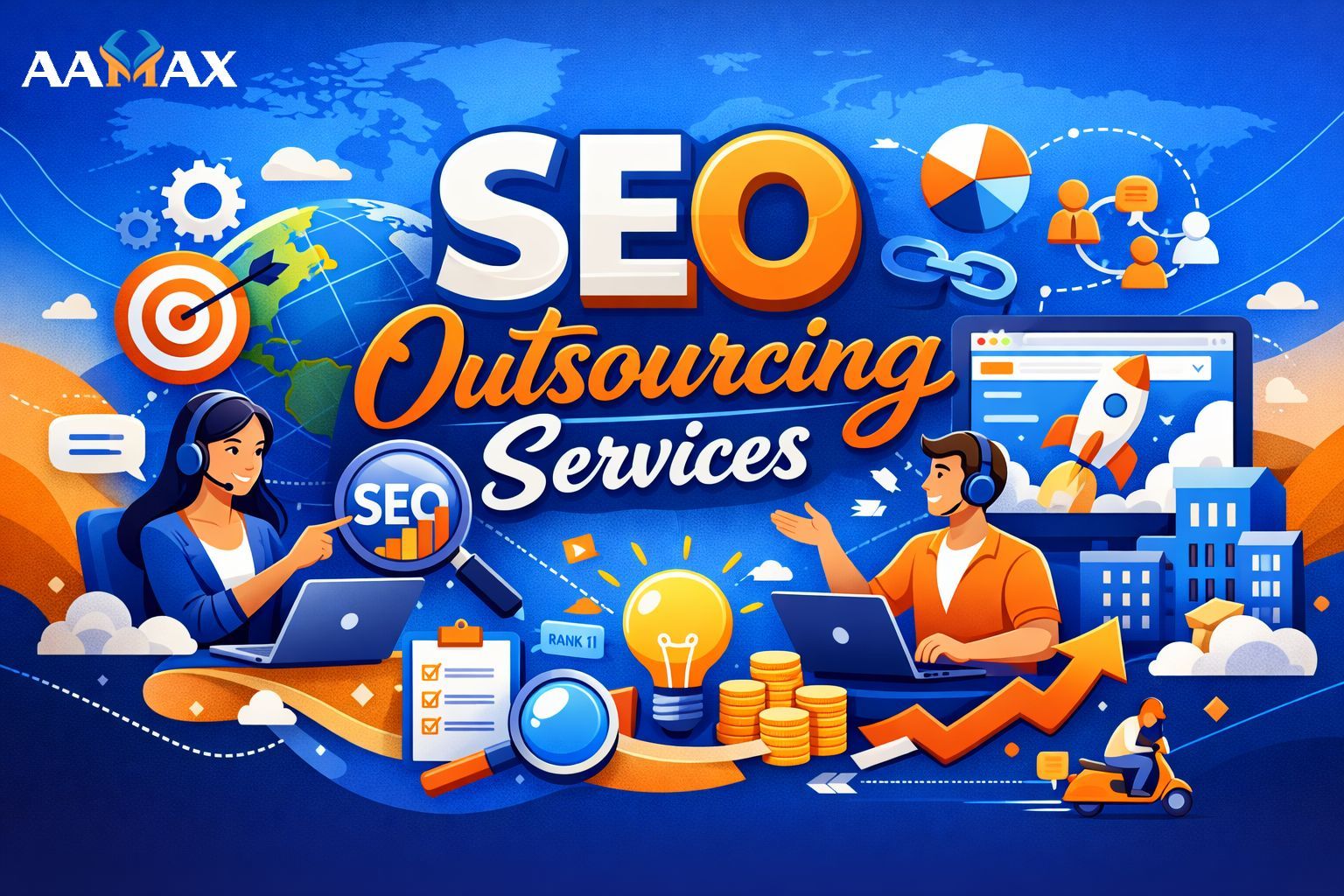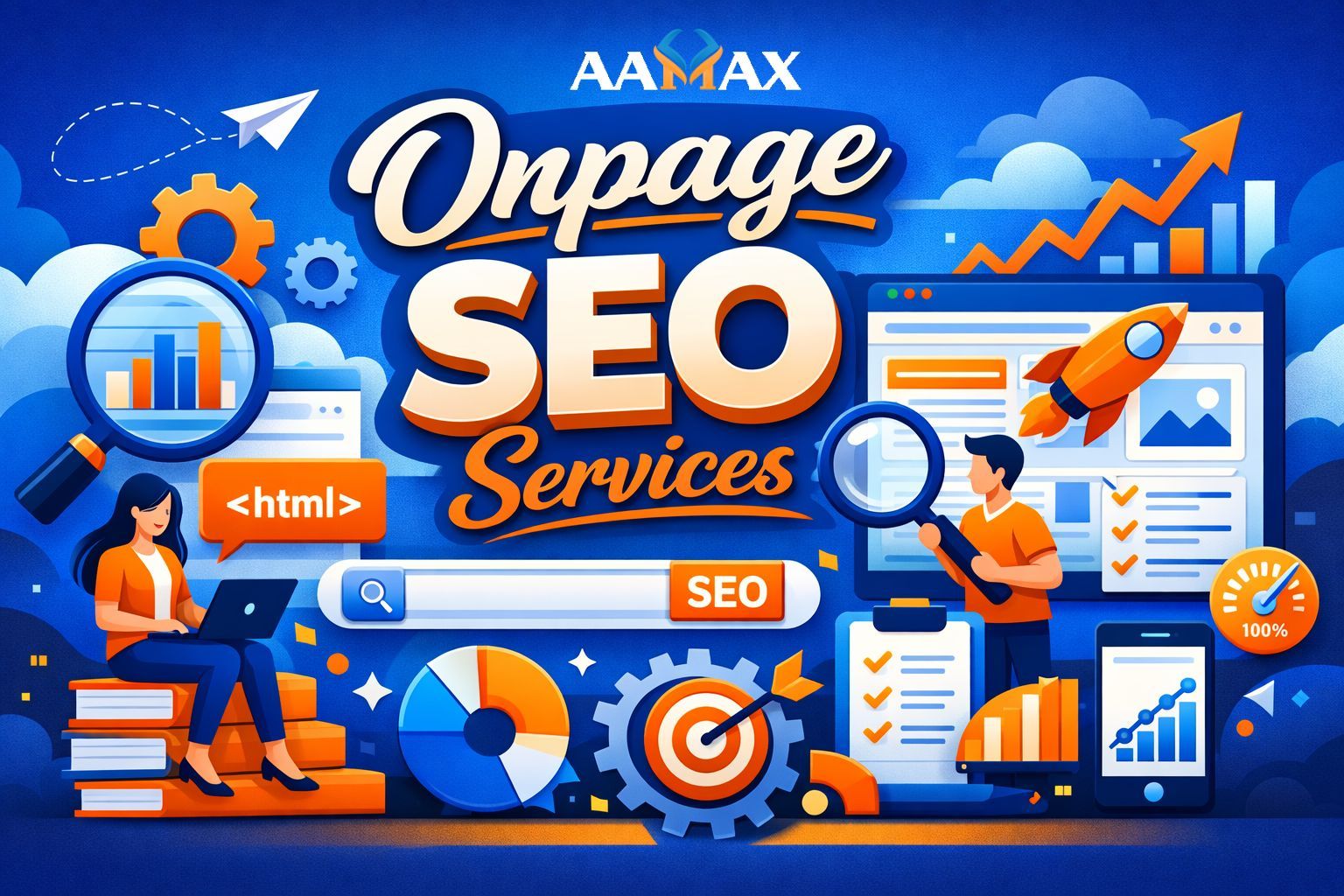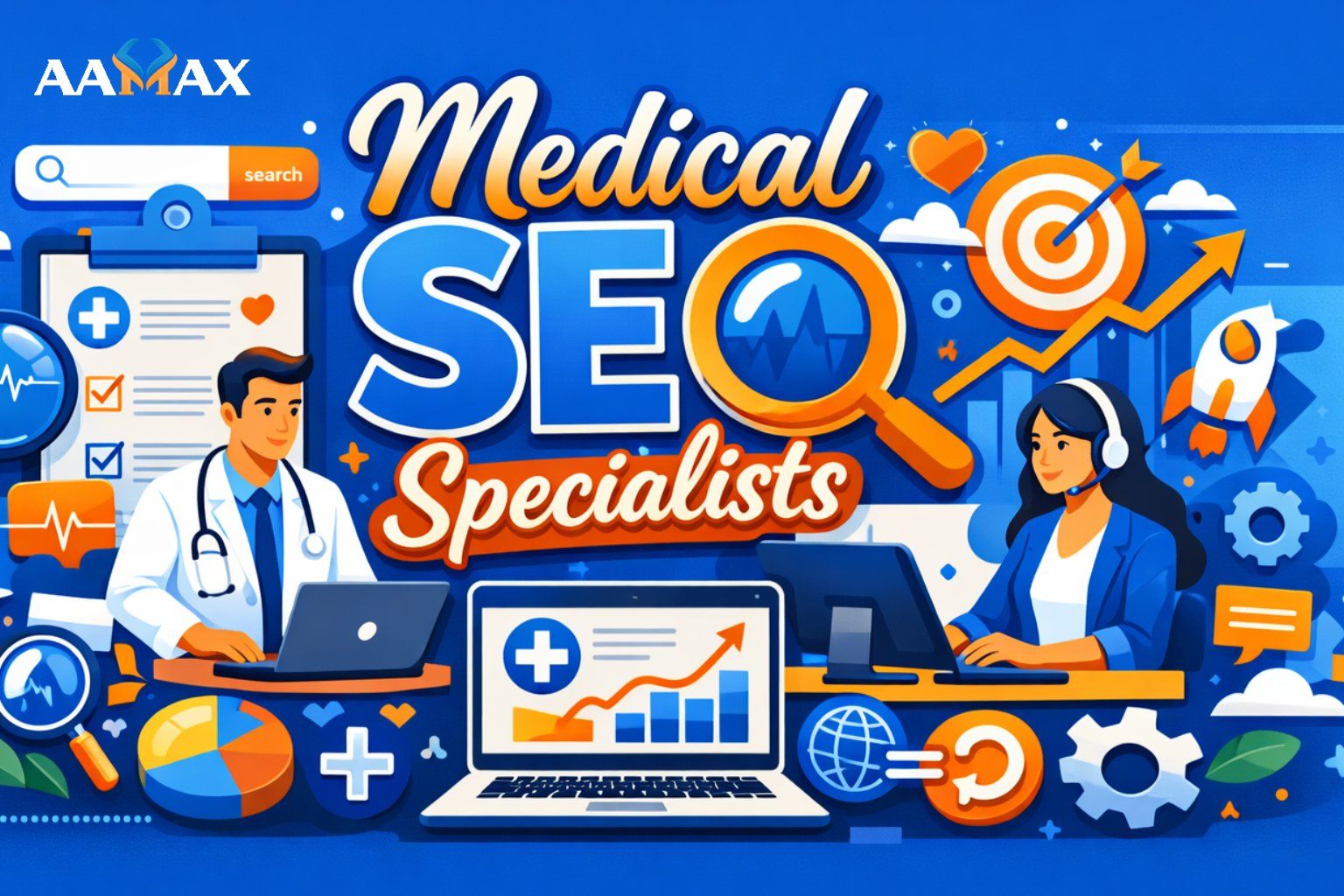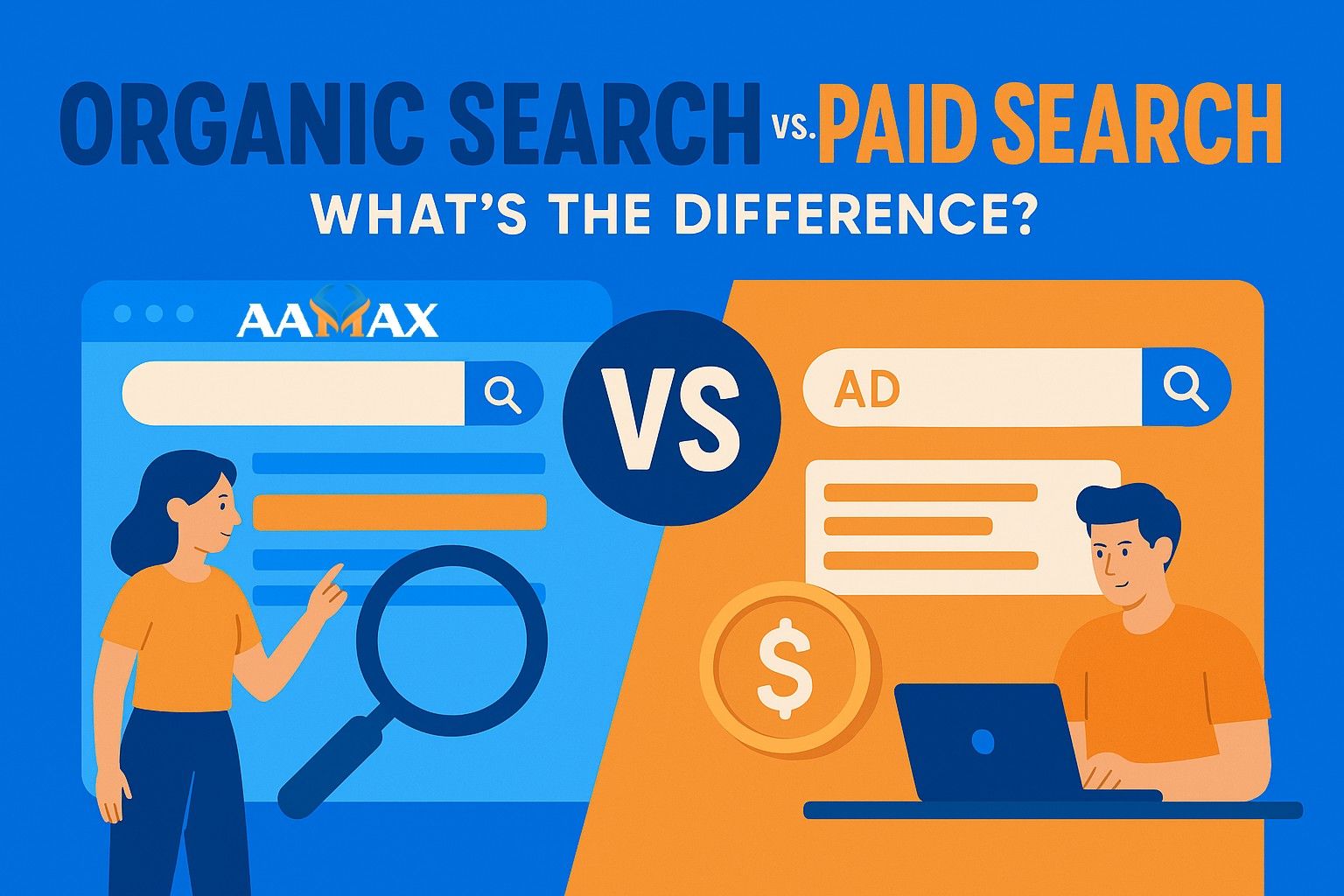
Organic Search vs. Paid Search: What's the Difference?
In today’s competitive digital landscape, businesses must make strategic decisions on how they drive traffic to their websites. Two powerful methods—organic search and paid search—stand at the forefront of search engine marketing (SEM). Though they serve similar goals, these approaches differ significantly in strategy, cost, results, and long-term value.
Understanding the difference between organic and paid search is essential for any business looking to build a sustainable online presence, drive conversions, and maximize ROI. Let’s break it down thoroughly.
What is Organic Search?
Organic search refers to the natural listings on a search engine results page (SERP) that appear due to their relevance to the user’s search query. Unlike paid advertisements, businesses do not pay directly to appear in organic listings.
Instead, they invest in Search Engine Optimization (SEO) techniques that improve visibility over time.
How Does Organic Search Work?
Search engines like Google use complex algorithms to determine which pages best match a user’s query. Organic rankings depend on multiple factors, including:
-
Content quality and relevance
-
Page speed and technical SEO
-
Backlinks and domain authority
-
User experience and site structure
-
Keyword targeting and optimization
By consistently optimizing for these areas, businesses can climb the SERPs naturally.
What is Paid Search?
Paid search, commonly referred to as pay-per-click (PPC) advertising, involves paying search engines to display ads at the top or bottom of the SERPs. These ads are typically labeled as “Sponsored” or “Ad.”
Businesses bid on specific keywords, and when a user searches for those terms, their ad may be shown. They pay a fee each time the ad is clicked—hence the name PPC.
How Paid Search Works
Paid search campaigns are managed through platforms like Google Ads, Microsoft Advertising, and others. Here’s a brief overview of how it functions:
-
Advertisers choose keywords they want to target
-
They create compelling ad copy
-
They bid on those keywords within their budget
-
Ads are shown to users based on relevance, bid amount, and ad quality score
Paid search offers immediate visibility, making it ideal for businesses seeking quick results.
Key Differences Between Organic and Paid Search
Let’s explore the fundamental differences between the two strategies in various aspects:
1. Cost Structure
-
Organic Search: No direct cost per click, but SEO requires ongoing investment in content creation, tools, and professionals.
-
Paid Search: Businesses pay for every click, which can become costly depending on competition and industry.
2. Time to See Results
-
Organic Search: SEO is a long-term investment. Results often take months to materialize but are sustainable.
-
Paid Search: Results are almost immediate. Once the campaign is live, traffic starts flowing.
3. Position on SERPs
-
Organic listings usually appear below the paid results.
-
Paid ads are displayed prominently at the top and bottom of SERPs.
4. Credibility and Trust
- Users often trust organic results more, viewing them as more authentic.
- Paid ads can sometimes be perceived as less credible, especially when they are overly salesy.
5. Click-Through Rate (CTR)
Organic listings typically enjoy higher CTRs in the long run, especially for informational queries. However, paid ads can outperform organic results for commercial-intent keywords with strong ad copy and extensions.
Pros and Cons of Organic Search
Pros
-
Sustainable traffic over the long term
-
Builds authority and trust
-
High ROI if executed well
-
Ideal for content-driven and educational strategies
Cons
-
Requires time and consistent effort
-
SEO algorithms change frequently
-
Competitive niches may take longer to rank
Pros and Cons of Paid Search
Pros
-
Fast visibility and traffic
-
Highly targeted advertising
-
Easy to track and measure performance
-
Great for time-sensitive promotions and launches
Cons
-
Can become expensive, especially in competitive industries
-
Traffic stops immediately when the budget runs out
-
Lower long-term sustainability without an organic plan
When to Use Organic Search?
Organic search is best suited for:
-
Long-term business goals
-
Building brand authority
-
Content marketing strategies
-
E-commerce SEO
-
Businesses with limited ad budgets
If you're looking to build a strong foundation for your online presence and ensure steady growth, investing in SEO is the way to go.
When to Use Paid Search?
Paid search works well for:
-
New website launches
-
Limited-time offers or sales
-
Testing product-market fit
-
Capturing demand for high-intent keywords
If your goal is immediate visibility and fast traffic for a product launch or campaign, paid search delivers.
Can Organic and Paid Search Work Together?
Absolutely. In fact, the most successful digital marketing strategies combine both to maximize reach and effectiveness.
Here’s how they complement each other:
-
Use paid search to test keywords and refine messaging
-
Use organic search to build lasting presence and lower your overall cost per acquisition (CPA)
-
Share insights between the two to improve performance on both sides
This holistic approach ensures you’re not overly reliant on one traffic source.
How to Choose the Right Strategy?
Choosing between organic and paid search depends on your:
-
Budget – Can you afford ongoing ad spend?
-
Timeline – Do you need results now or can you wait?
-
Goals – Are you building a brand or running a promotion?
-
Resources – Do you have an in-house SEO team or agency?
In many cases, a blended approach is ideal. Start with paid for visibility, and build your organic presence for sustainability.
AAMAX: Your Partner for Organic and Paid Search Success
Whether you’re leaning towards organic search, paid ads, or a mix of both, execution is everything. That’s where a trusted digital partner comes in.
AAMAX is a full-service digital marketing agency offering expert solutions in:
-
Web Development
-
SEO and Organic Search Optimization
-
Google Ads and Paid Search Campaigns
-
Social Media Marketing
-
Conversion Rate Optimization
With a seasoned team and proven strategies, AAMAX helps businesses of all sizes dominate the digital space and meet their marketing goals. From crafting content-rich SEO plans to optimizing high-performing paid ad campaigns, they offer end-to-end support tailored to your business.
Final Thoughts
Organic and paid search aren’t rivals—they’re teammates. Each offers unique strengths, and when used together strategically, they can fuel incredible business growth.
Whether you’re a startup looking for traction or an established company aiming for long-term success, understanding these channels is key. Invest smartly, measure performance, and continuously optimize.
And most importantly, work with the right digital marketing experts who understand the nuances of both. Consider partnering with a trusted agency like AAMAX to unlock your full potential in both organic and paid search.

